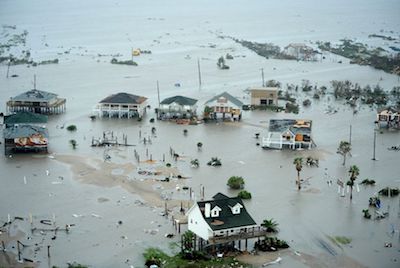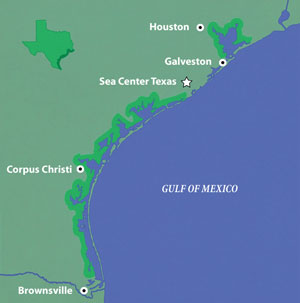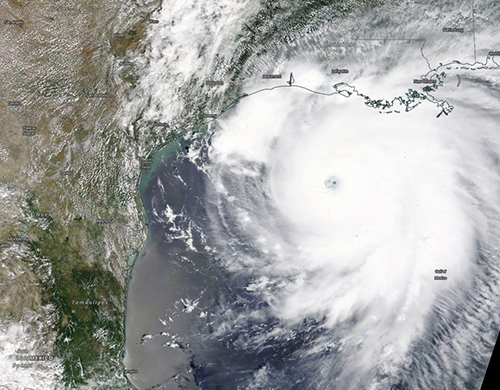Culberson Leads Charge to Speed Up Ike Dike Study
 Representative Randy Weber (TX-14) and I introduced the Coastal Texas Protection Act to expedite the U.S. Army Corps of Engineers’ studies and advance the construction of the “Ike Dike” to better protect the Gulf Coast from storm damage.
Representative Randy Weber (TX-14) and I introduced the Coastal Texas Protection Act to expedite the U.S. Army Corps of Engineers’ studies and advance the construction of the “Ike Dike” to better protect the Gulf Coast from storm damage.
With hurricane season right around the corner, it is crucial that we complete flood mitigation projects as soon as possible. I’m proud to co-sponsor this vital bill that will give the Army Corps of Engineers the support and resources they need to complete the Coastal Texas Study and make the Ike Dike project a top priority. Congress has given the Corps the highest funding level in their history, and we are using every tool at our disposal to expedite these critical projects.
“August will mark the first anniversary of Hurricane Harvey devastating the Texas Gulf Coast. September will be the 10-year anniversary of Hurricane Ike devastating the Texas Gulf Coast. The damage from both of these storms could have been greatly mitigated by the coastal spine envisioned by this legislation,” said Rep. Randy Weber (TX-14). “This bill expedites the U.S. Army Corps of Engineers’ studies and reports as they relate to completing coastal barrier protection along the Texas Gulf Coast. Texas cannot wait any longer. It is imperative that we get the coastal spine completed before the next big storm comes barreling at the upper Texas Gulf Coast. The effects of the next devastating storm could be felt nationwide.”
Background:
The study is expected to take 5.5 years to complete and cost $19.8 million split between the Texas General Land Office (GLO) and U.S. Army Corps of Engineers (Corps). As a senior member of the House Appropriations Committee, Representative Culberson has secured $3.578 million to complete the reconnaissance study and begin the feasibility study since Fiscal Year 2014. This does not include the Fiscal Year 2018 Omnibus, which included an additional $2.175 million, and will made available by the Corps in their Fiscal Year 2018 work plan in the coming weeks.
On January 19, 2016, the Corps, in cooperation with GLO, kicked off the Coastal Texas Ecosystem Protection and Restoration Feasibility Study (Coastal Texas Study). The Coastal Texas Study will recommend a comprehensive strategy for reducing flood risks and mitigating damages due to coastal storms and erosion along the entire Texas Gulf Coast. The Coastal Texas Protection Act directs the Corps to expedite the completion of the Coastal Texas Study, and provides a necessary exception for the project under the Coastal Barrier Resources Act (CBRA). The CBRA discourages the development of coastal barriers by restricting federal funds from being spent on these types of projects. Without this exception, the Coastal Texas Study could face significant delays. Such exceptions have been enacted in the past, most notably for coastal barrier systems in Louisiana.
Completion of the Coastal Texas Study is critical, as the Texas Gulf Coast is home to approximately six million people, critical ecosystems, and billions of dollars of economic activity. Further, after finalizing the study, the Corps will have additional steps to complete before the project can advance to the construction phase. The Corps will have to go through the Preconstruction, Engineering & Design (PED) phase, where it will develop the studies and plans needed to award the first construction contract. The Corps will also need additional congressional authorization to begin construction. Separately, Congress will need to appropriate funding for the project. Given the importance of the Texas Gulf Coast, it is critical that the Corps move through each of these processes as expeditiously as possible.








